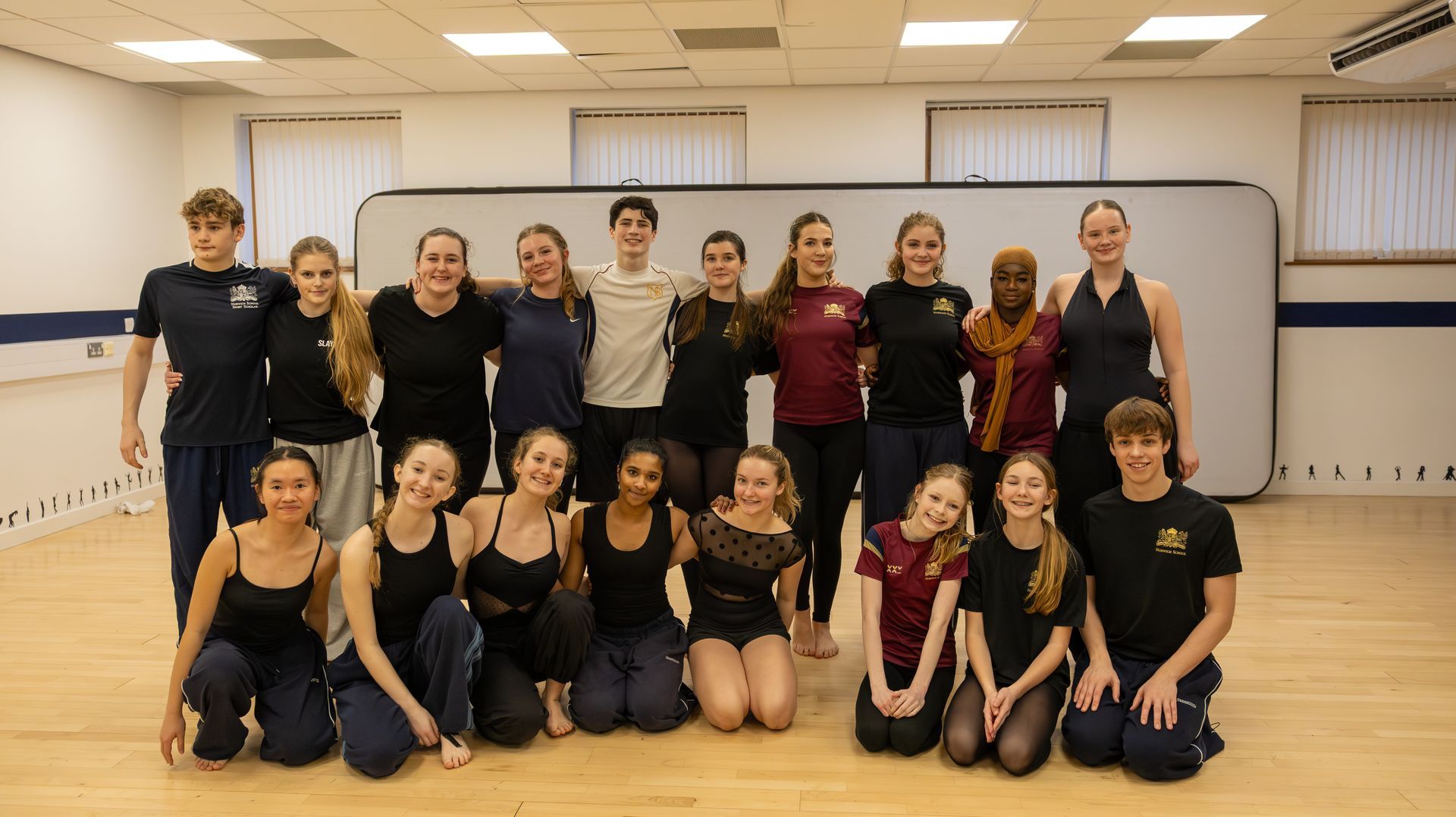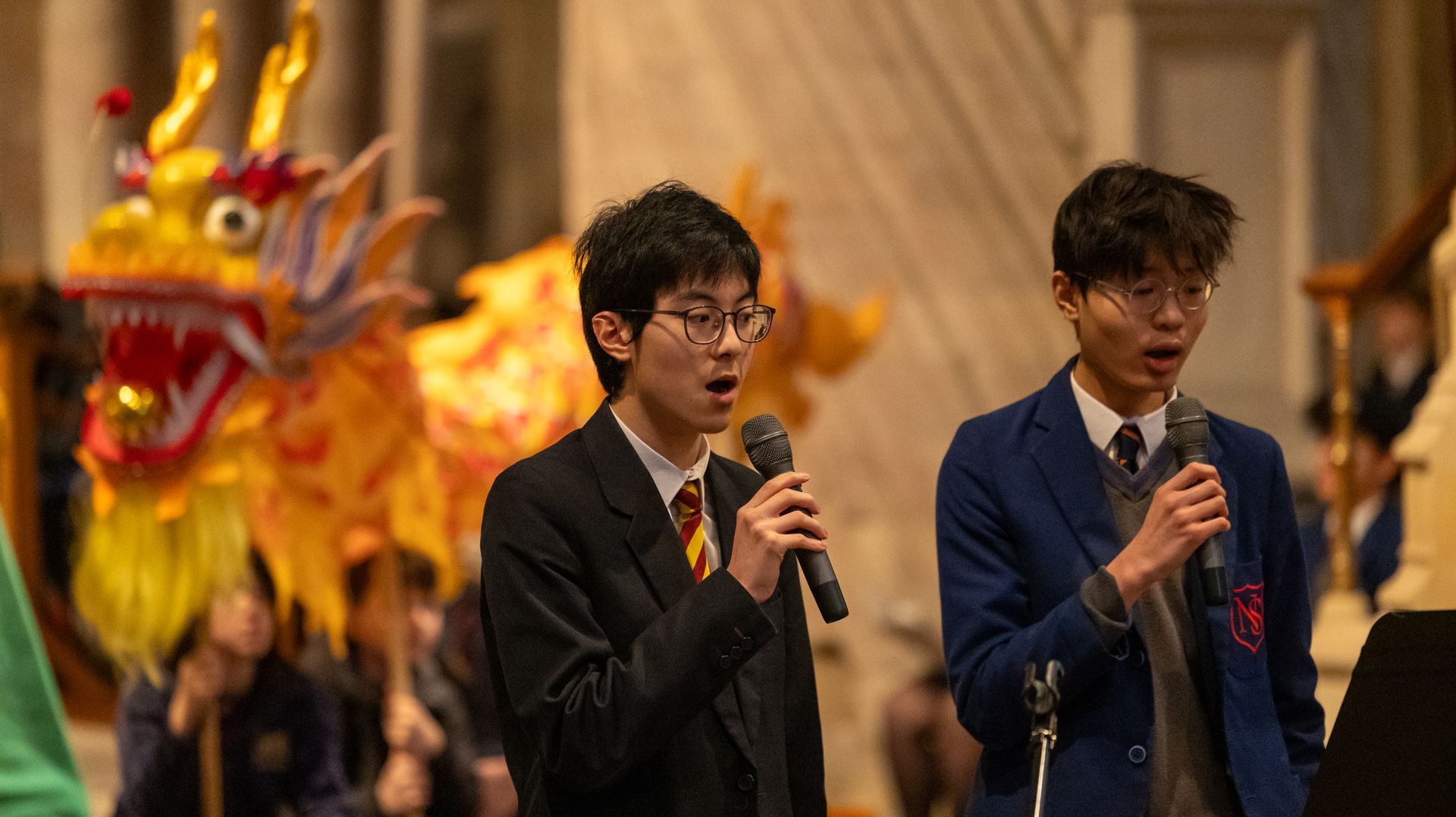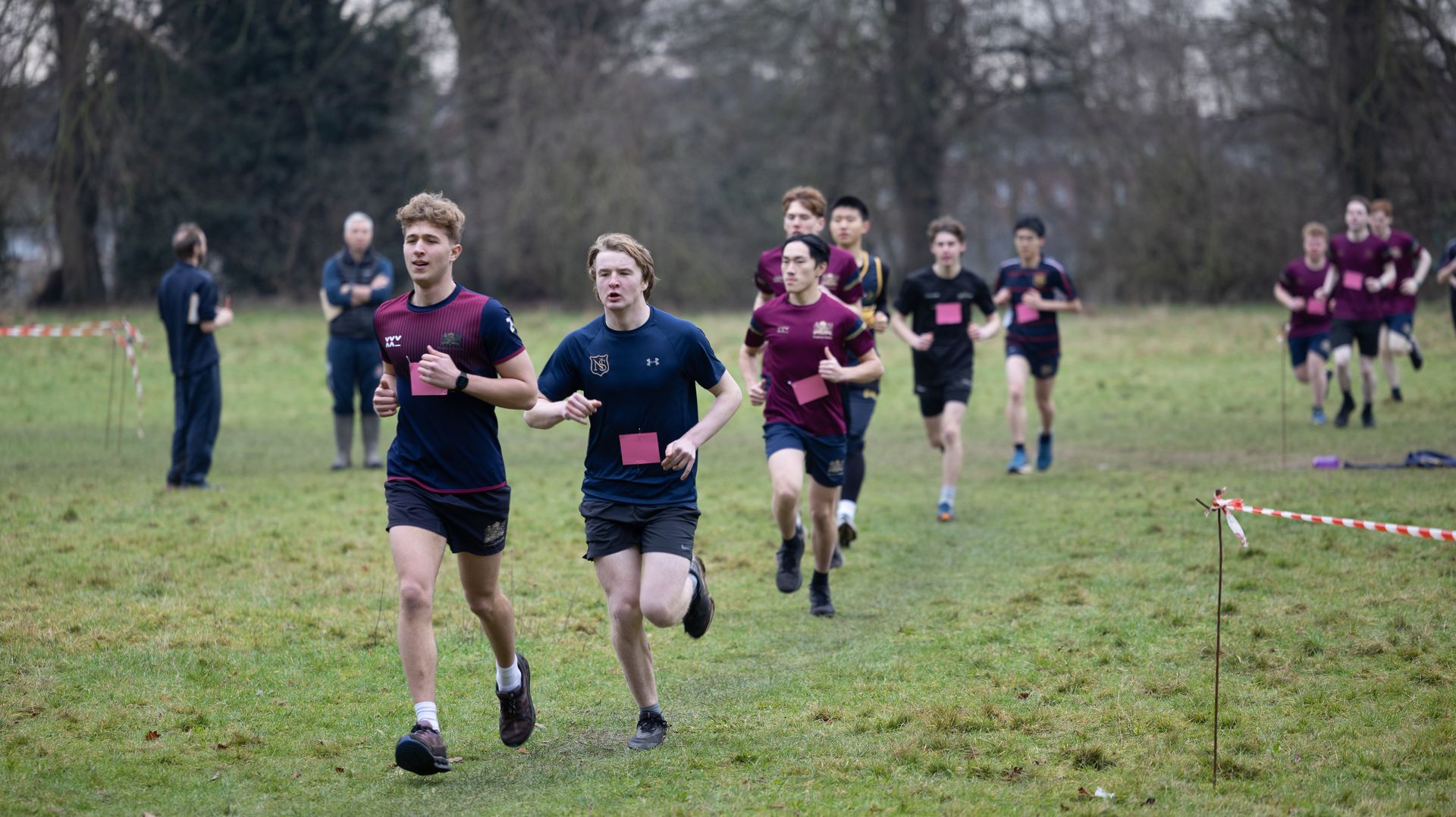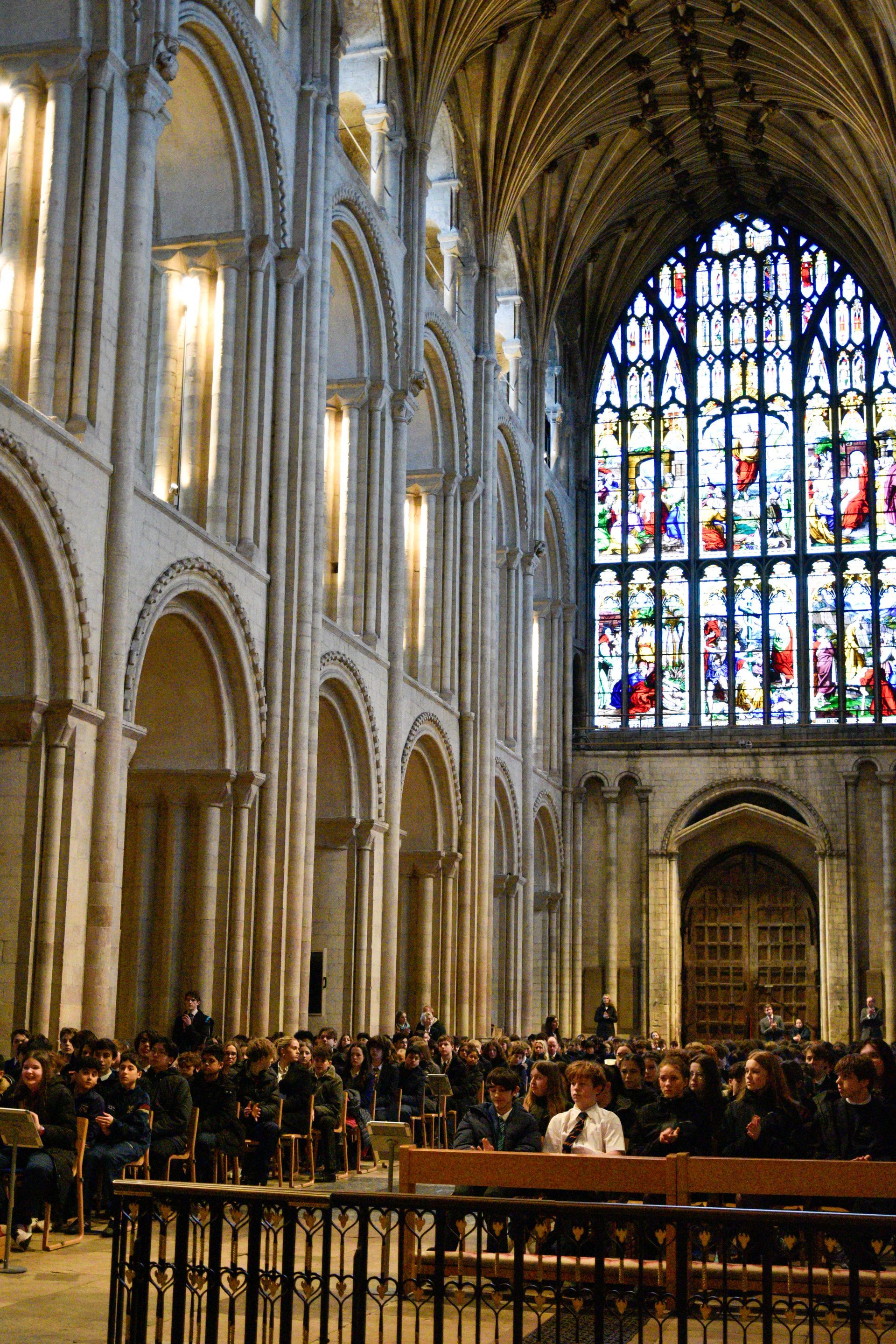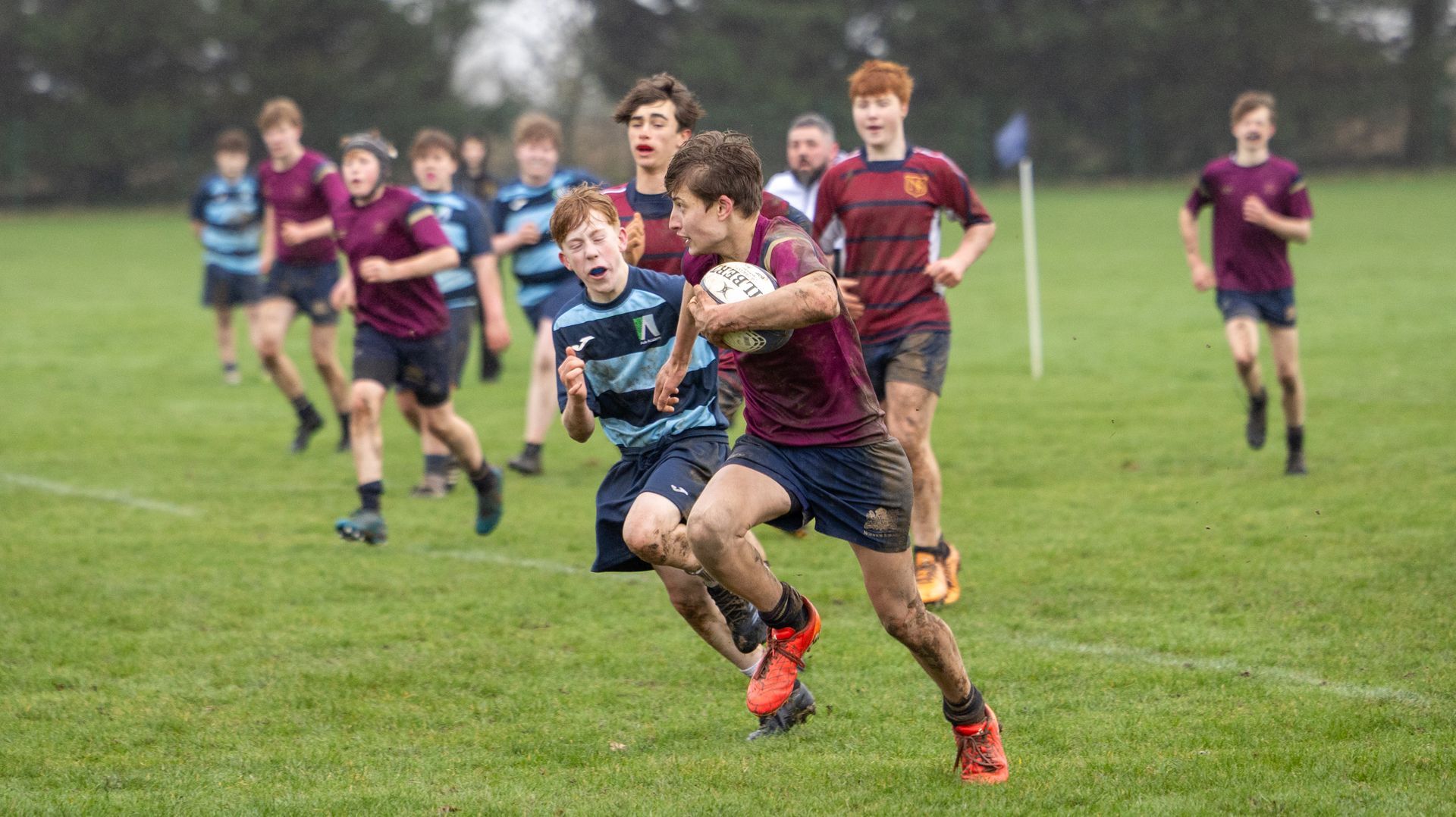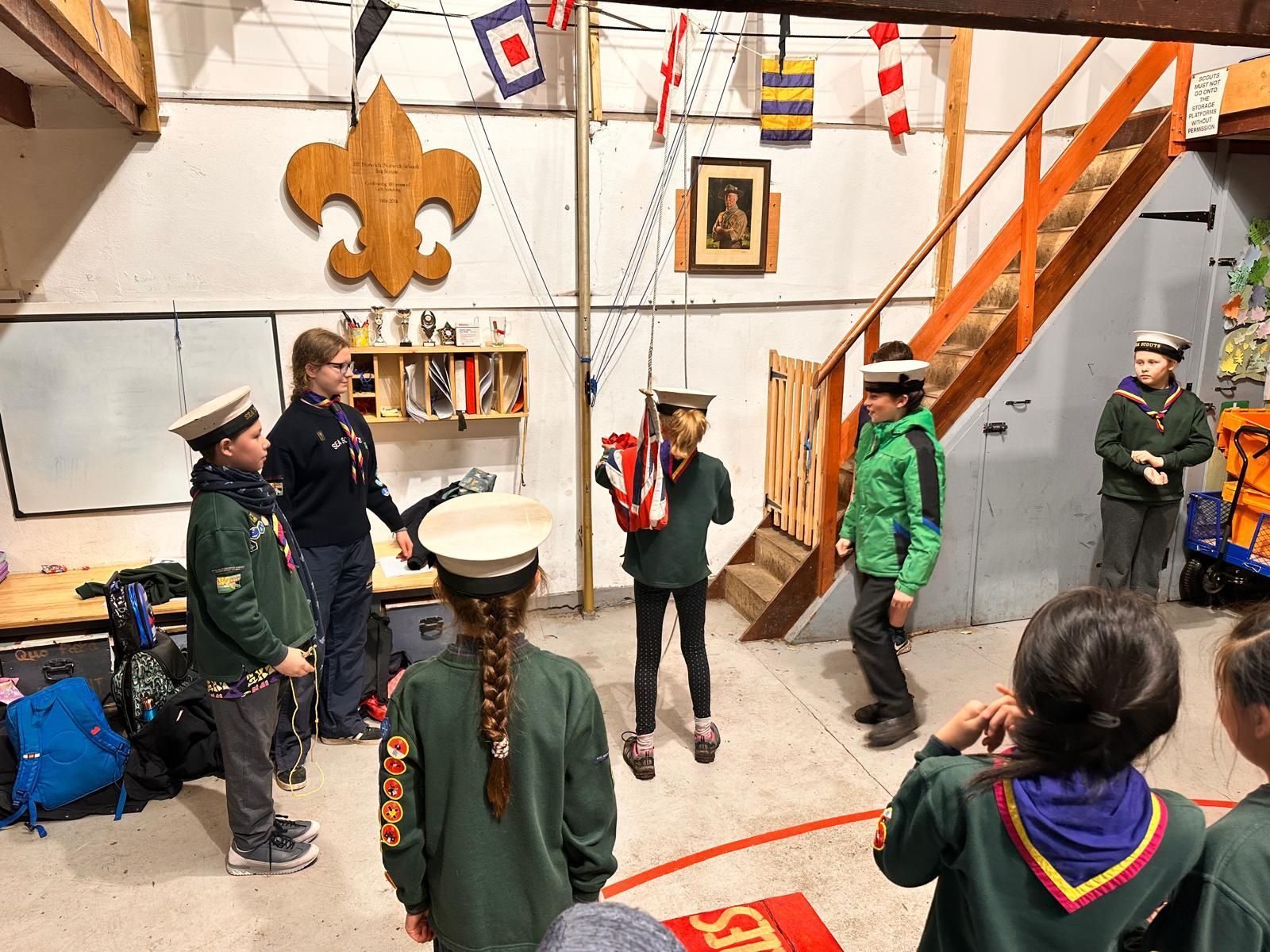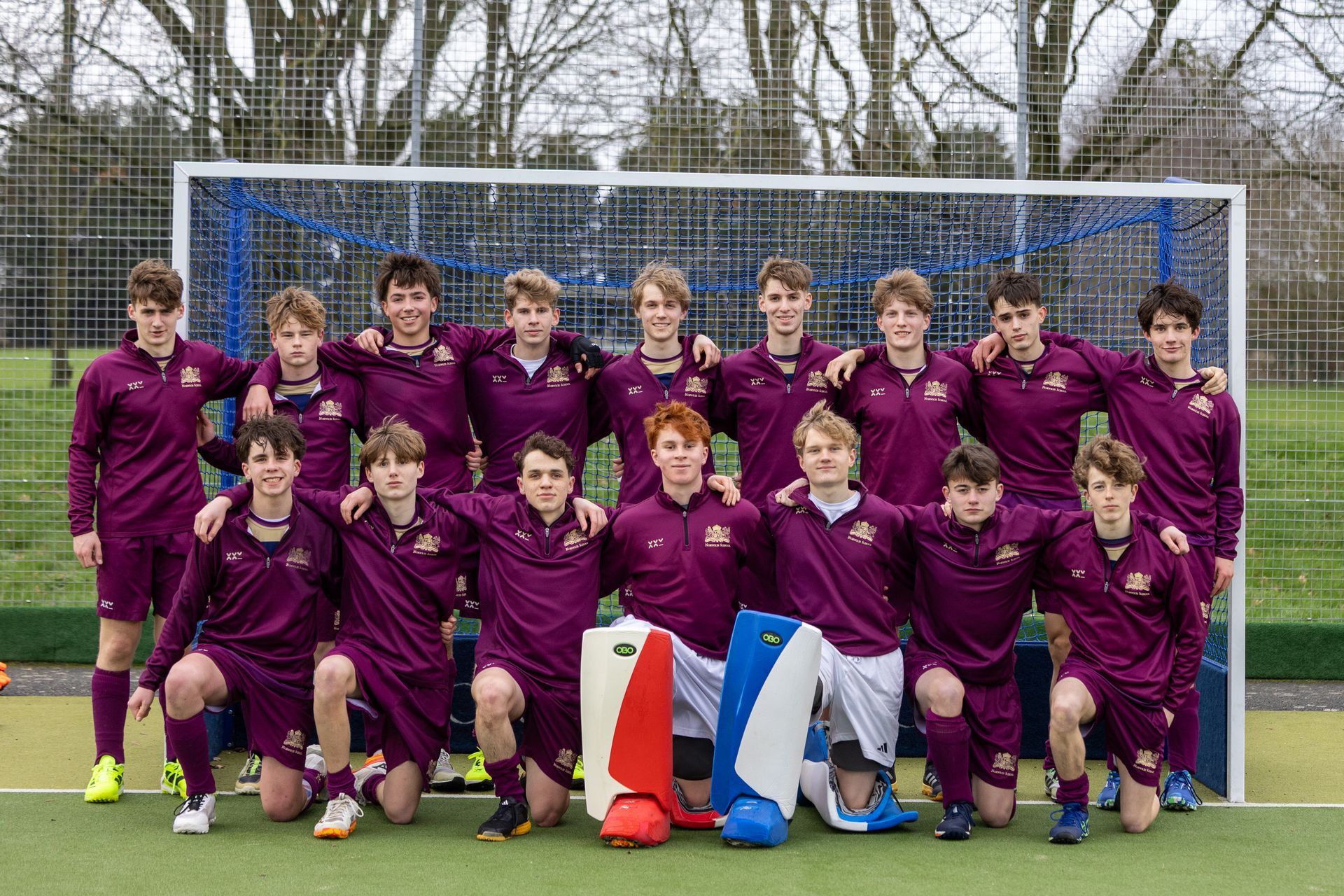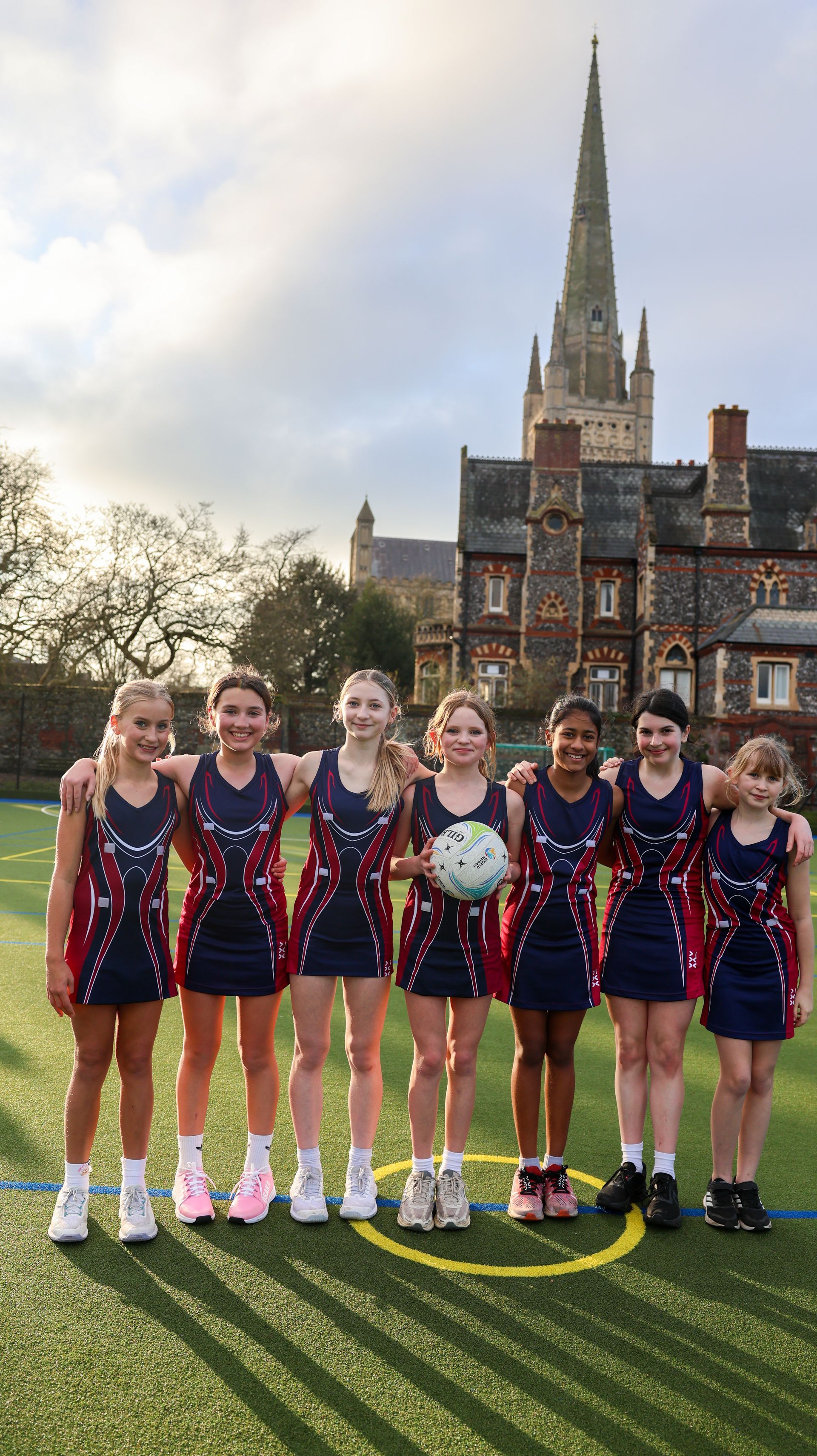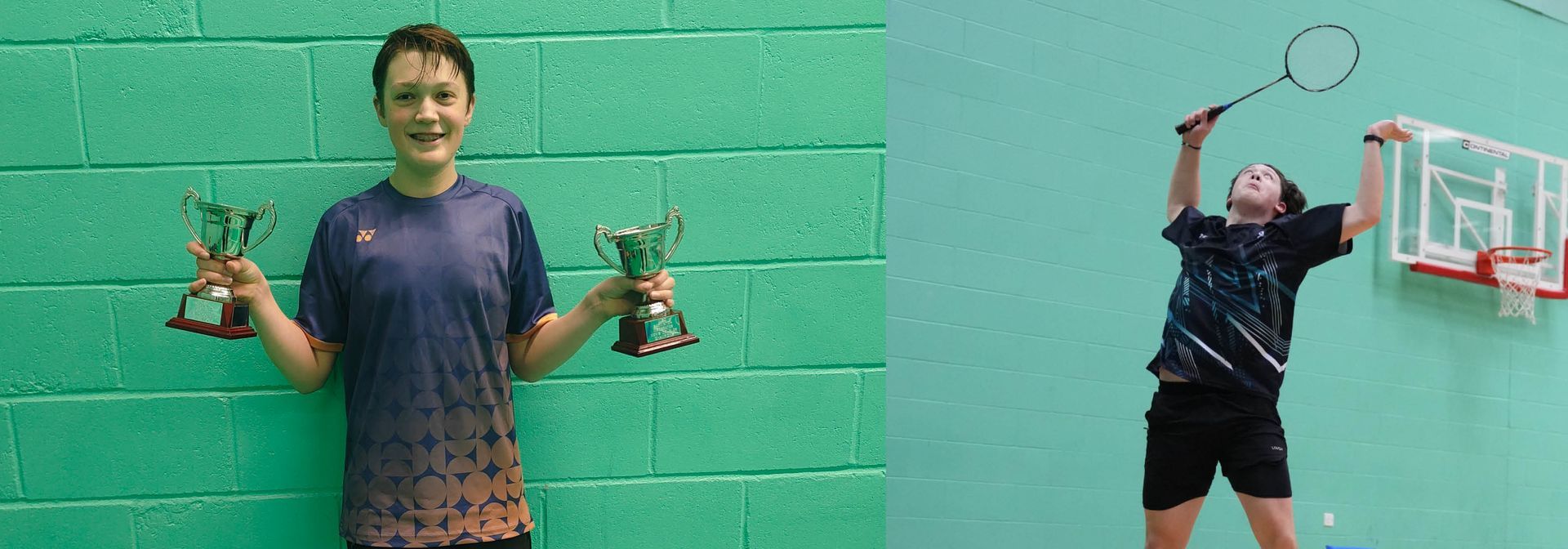All About WoLLoW
January 8, 2025
To celebrate the various partnerships in our Norwich School community, we sat down with Abbie Dean, co-founder of WoLLoW, to find what WoLLoW is all about.
What is WoLLoW for those who are unfamiliar?
WoLLoW is a course that we have created for primary and secondary schools, looking at languages as a whole. I’m a languages teacher and I specialise in German but WoLLoW is looking at all language including English, classical languages and modern foreign languages. We also want to bring in languages that are spoken in our classrooms, in our communities and England and the UK as a whole; we are trying to have a less Eurocentric approach and a more global approach to languages. We look at similarities and differences, we look at the oddities of languages, we look at where our languages come from and how they are linked. We are trying to give pupils an understanding that languages are relevant and useful and that languages are central to them in succeeding both in school and in later life. We focus on literacy and celebrating the linguistic diversity in our classrooms. We promote literacy by looking at words and where they come from (their etymology) and how sentences are structured. We look at language and how it shapes our identity and we also focus on modern languages. Our aim is that their interest in language as a whole in the younger years continues through to an interest in modern languages so we can improve outcomes in language lessons, as well as interest and enjoyment. We believe that by starting this at such an early level (in Norwich school we teach it from year 3) and see it through until secondary then we can encourage that big push on both literacy and language as a whole, building on that foundation that we have created.
Great, now just coming off from that, you mentioned making languages less Eurocentric, what do you mean by that?
So, in schools traditionally we have taught French, German and Spanish. At home pupils’ parents probably would have been taught French and German but when we look at the children in front of us we have Arabic speakers; we have Hindi speakers; we have Yoruba speakers and we aren’t realising that our pupils with an additional language, what they have really is a superpower. We are not giving them the centre stage to discuss their language and their family’s languages, which relates to identity and heritage which we should be celebrating. If these children already have a language is addition to English then they will find it a lot easier to pick up another language and they have all these skills that they have that we aren’t quite tapping into. We also think that, if you look at the languages spoken nationally, as well as having French, German, Spanish we need to be focusing on languages such as Mandarin; in Norwich school mandarin is taught from year 3 all the way up to sixth form. However, this isn’t a national picture, we want WoLLoW to be an opportunity for schools across the UK to be able to have a little insight into some languages spoken in Africa for example, or Arabic or Hindi. We’ve got stand-alone lessons on those languages which don’t necessarily focus on specific vocabulary but look into the origin of those languages so that they are understood on both a geographical and historical level. We also look at how those languages are linked to English and other languages and why these languages are so important to our community and to our society in the 21st Century.
And how many lessons do WoLLoW pupils have?
So, from year 3 onwards they have 1 lesson a week, in the Lower School here that is about 30 minutes. I alternate with Mrs Song, so the children are taught half a year of both WoLLoW and Mandarin. That is for years 3, 4, 5 and 6. When pupils join the secondary school, in years 7 and 8 we have one lesson per week, and we also have an option at GCSE level for them to do a non-examined course in WoLLoW. This is an opportunity for them to keep looking at language and linguistics and keep thinking about literacy in a linguistic environment. In Sixth Form, we offer WoLLoW as a form of Community Service where pupils can decide to become a WoLLoW teacher. As well as being given the opportunity to create their own language lessons, they can go out and teach the lessons which we have created to local primary schools. With this, the pupils get teaching experience and some good exposure to how languages and literacy can be taught.
So how did WoLLoW start?
It started with the Head (Steffan Griffiths) and John Claughton (who used to be the Head of King Edward’s School in Birmingham) who are both Classicists and passionate about Classics and Languages but frustrated with how languages were perceived nationally. It is particularly noticeable when pupils join secondary school, that there is a feeling of deflation regarding language learning and so, regardless of how much languages pupils had learnt or not learnt at primary school, we had to start from the very beginning. There was real pinch point in the languages transition. From then we felt as if we lost the pupils a little, regardless of what we tried, we felt we were missing a trick. Nationally, there has been an exodus of pupils studying a language at GCSE and even more so at A Levels and University level. With that frustration came a desire to do something about it. The feeling was that we should look at languages as whole: Classical Languages, Modern Languages and English and all the literacy subjects and try to bring them together: teaching them as a programme which celebrates language and linguistic diversity rather than teaching them in silos. A lot of the time pupils find languages quite challenging but I think that that is a challenge to be embraced rather than ignored. WoLLoW aims to show them that they can do it, through pattern finding and problem solving as well as discussion, we want to show pupils that language learning is useful in our multi-lingual society, is relevant and is achievable. So we created WoLLoW which has now been rolled out internationally. Teachers around the country and beyond can access our resources for free. We have around 200 schools using WoLLoW resources around the country but also internationally, in the Netherlands and Germany for example, but also from further afield such as Australia, Hong Kong and Argentina, so we like to think that the word is spreading!
So you have mentioned providing resources to schools, do you personally ever go and teach in other schools?
Absolutely! I visit other schools providing staff CPD as part of their teacher training. I come and give whole staff meetings, or one-to-one sessions for staff who are interested in teaching WoLLoW. They see how the lessons look and what our general approach is. We do this to give teachers a bit of confidence before they embark on WoLLoW teaching. I’ve given lectures and seminars to pupils before they start their Community Service; I’ve visited universities and trainee teachers. I am to show them that they some scope in their teacher training programme to try something a bit different. Additionally, I visit local primary schools and deliver either one-off lessons or a series of lessons. Sixth formers in their Community Service accompany me so it isn’t just me teaching it, it’s the sixth formers which we have trained up.
How does your schedule work in line with WoLLoW? How do you manage to fit everything in?
I teach WoLLoW here in school but it isn’t just me. Mr Griffiths, Miss Arien and Miss Watkinson teach it as well, and at the Lower School a few teachers have taught it too. Thursdays is the day that I am out of the school, I go around the country delivering at conferences, visiting schools, delivery staff CPD, teaching lessons, spreading the word and meeting really interesting people who are interested in language learning and linguistics. We have a lot of interesting people on board and we are working closely with various educational institutions and universities around the country to make sure that what we are doing is working and aligned with current educational thinking but also aligned with what schools both need and want. I think it is really important that, when we are looking at something that promotes partnerships work, it is about giving schools what they want rather than what we think they want. For example, I have been working with one school, Magdalen Gates Primary where I have had those conversations with pupils and staff about what languages they speak and what languages they are interested in. From then, I can go ahead and tweak my lessons accordingly, catering to their prior learning and their curriculum. In doing this it ensures that the lessons are personalised and make sense to the pupils rather than just teaching a generic lesson and hoping it makes sense. Schools around the country that are using WoLLoW can also tweak the lessons, or they can use the lessons that we have provided as they are.
What are the aims of WoLLoW?
We want pupils to come out of WoLLoW feeling empowered, able, enthusiastic and knowing that there is worth in studying languages.
What are the future hopes of WoLLoW?
We jokingly talk about global success (even though we have already had that to a certain extent), creating a global network of WoLLoW schools. We want to set up categories within our schools to be able to say that ‘we are a WoLLoW school’ because the schools that use WoLLoW are really committed to and care about languages and linguistic diversity. There is nothing else out there quite like it that focuses on the word and the sentence and the links between languages, as well as languages that are taught traditionally. In short, we want a global network, we want WoLLoW schools and we want to celebrate our WoLLoW schools. We also would like to, take WoLLoW to a policy level nationally, bringing our ideas forward. We are in the process of that working with HMC for example, to geta foot in the door there at policy level as well.
So how is WoLLoW involved in Norwich School?
WoLLoW has charitable status (we are an independent charity) and there are four of us as co-founders. As a charity, we also need trustees, so we have a group of those as well who guide us. We have donors and we also have researchers who are looking into whether WoLLoW does what we hope it is doing. Essentially, we are a charitable organisation set up independent of Norwich School, however, we have Steffan Griffiths (Head) who along with John Claughton came up with the concept and then Steffan got me onboard to create the resources and to get things moving. Norwich School has been where it all started in terms of teaching WoLLoW. We have run the course throughout the year groups and we are continuing to. We get feedback from our pupils and try out new material and it has gone really well and so really, although it isn’t on paper a Norwich School initiative I’d say that the heart of WoLLoW is here at Norwich School.
Visit the WoLLoW website here: WoLLoW - World of Languages, Languages of the World
